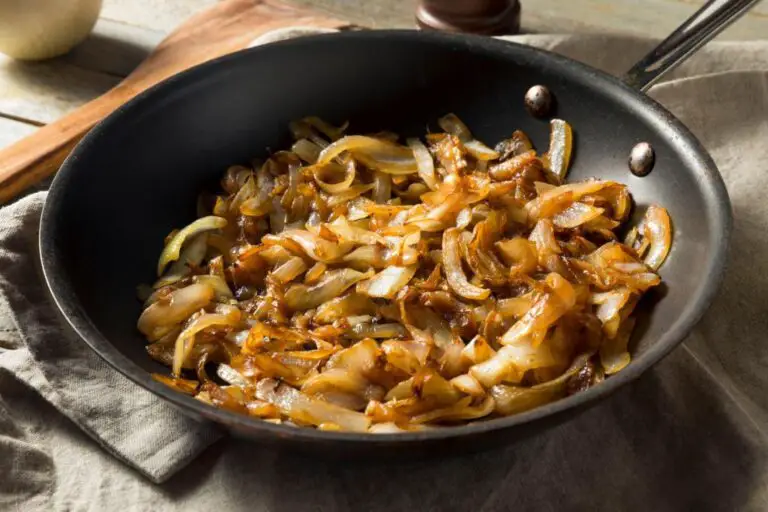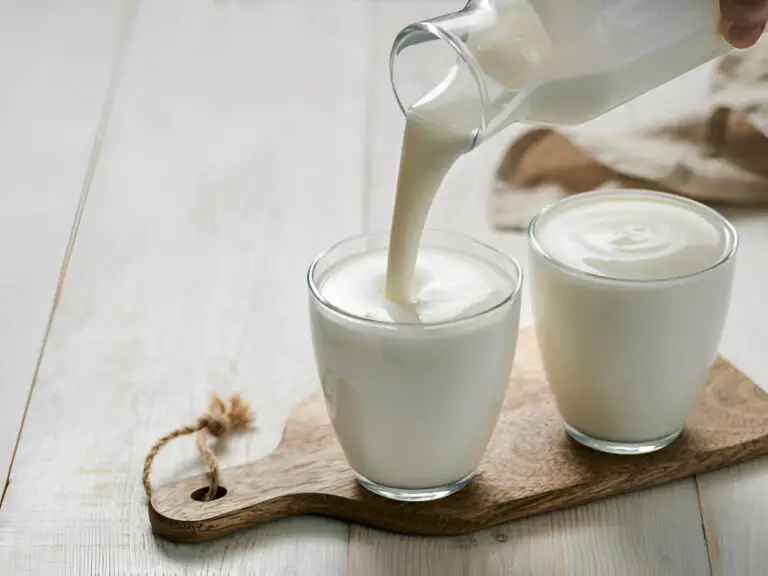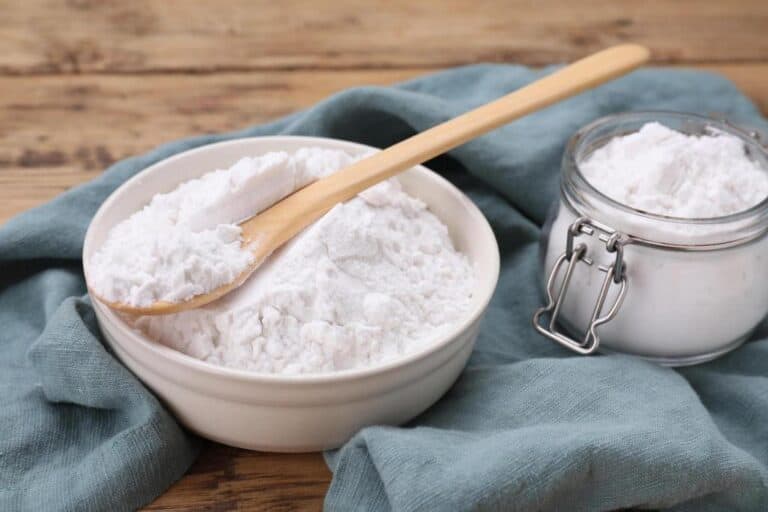Are Dried Dates Good for You? Here’s What You Need to Know
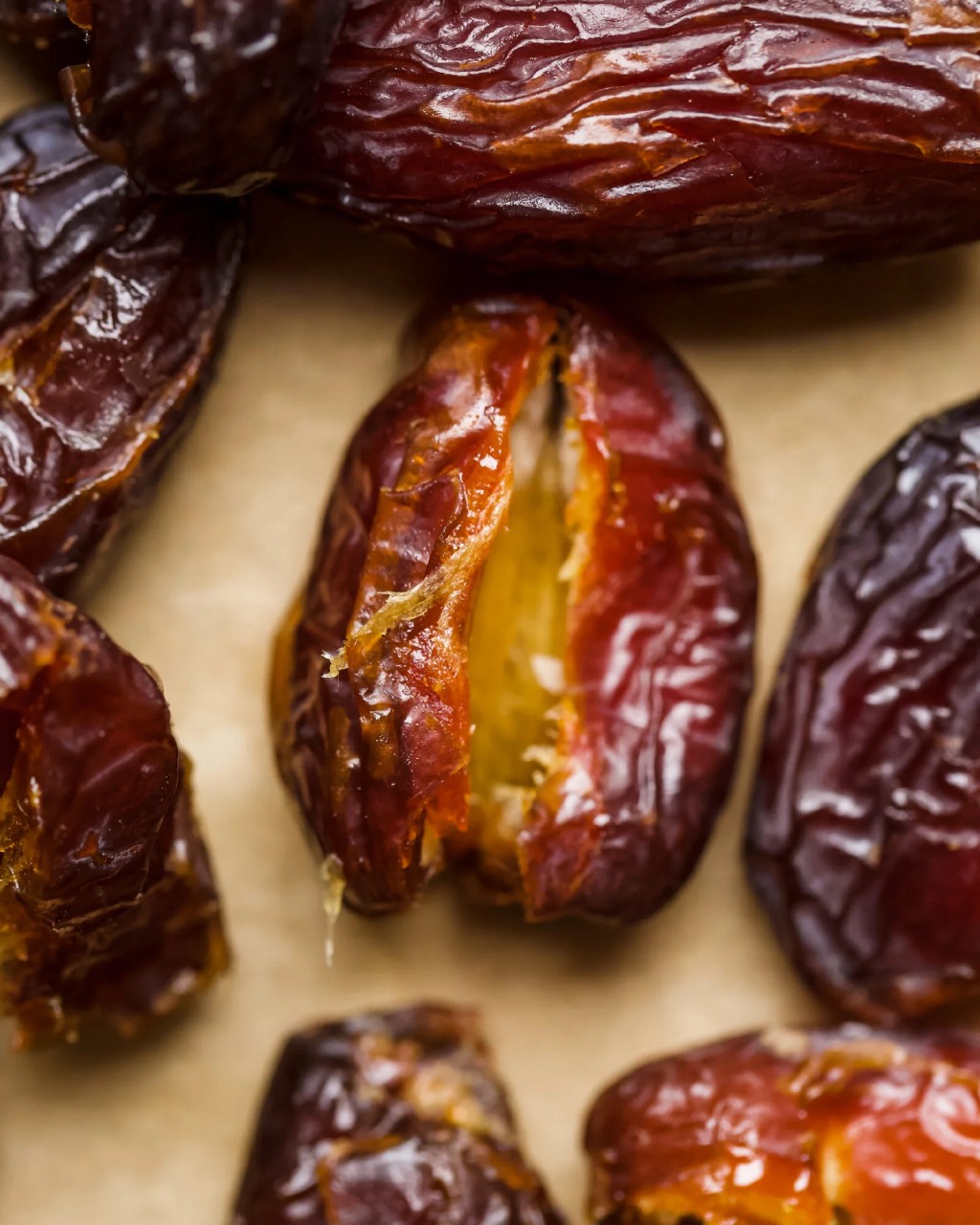
Dried dates—those chewy, naturally sweet little fruits—are often found in the snack aisle of grocery stores, hiding in granola bars, energy bites, and smoothies. But are they actually good for you? Can they be more than just a sweet treat for when you’re craving something sugary?
In this post, I’ll dive deep into why dried dates are a health powerhouse, explore the benefits they bring to your plate, and even point out some things you should consider before making them a daily snack. Let’s get into it!
What Are Dates, Anyway?
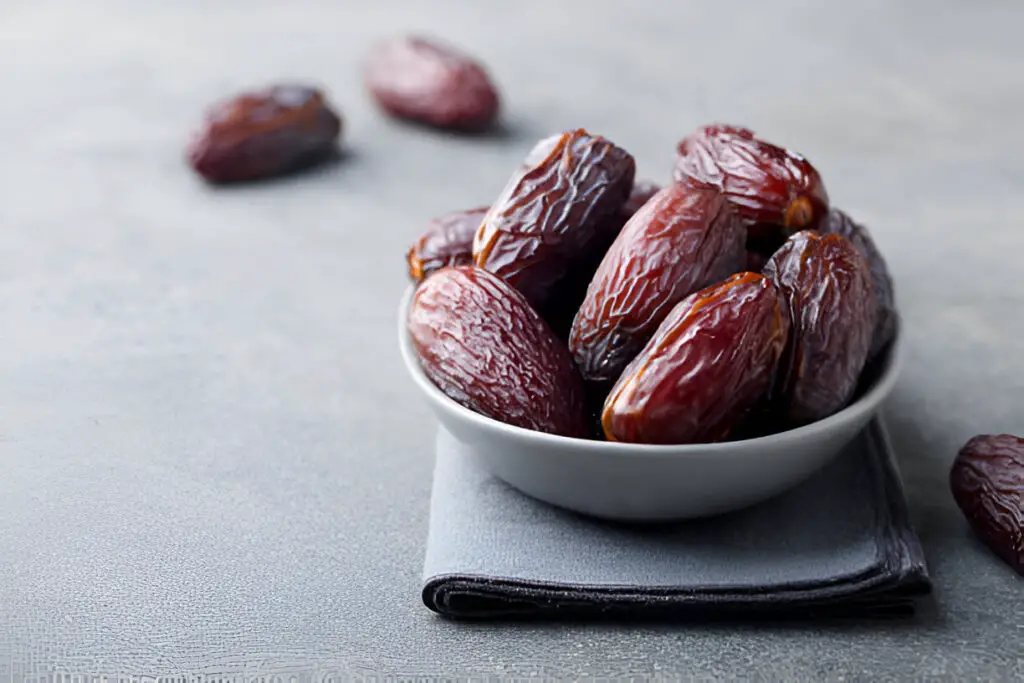
Dates are a fruit that comes from the date palm tree, a species that thrives in hot, dry climates like the Middle East, North Africa, and parts of the United States. Dates have been around for thousands of years, and for good reason—they’re packed with natural sweetness and are known for their ability to fuel energy during long days in the desert.
There are two main types of dates you might encounter: fresh dates and dried dates. Fresh dates are juicier, but they don’t last long. Dried dates, on the other hand, have the moisture removed and become more concentrated in flavor and nutrients. While both forms offer significant health benefits, dried dates pack a nutritional punch in a smaller, more shelf-stable package.
Are Dried Dates Healthy to Eat?
Absolutely! Dried dates are not only delicious but also surprisingly nutritious. Despite being high in sugar, they offer a unique combination of vitamins, minerals, and fiber, making them a great addition to a balanced diet—when eaten in moderation.
Here’s a breakdown of the nutritional profile of 100 grams of dried dates:
- Calories: 282
- Carbohydrates: 75 grams (with 63 grams of sugar and 8 grams of fiber)
- Protein: 2.5 grams
- Fat: 0 grams
- Potassium: 656 mg
- Iron: 0.9 mg
- Calcium: 64 mg
- Vitamin A & C: A small amount
What stands out here is the fiber content, which helps balance out the sugar hit. This is key to why dates have a low glycemic index, meaning they don’t spike your blood sugar the way other sugary foods might.
Fresh vs. Dried Dates: What’s the Difference?
You might be wondering, “What’s the real difference between fresh and dried dates?” While both are healthy, there are some significant contrasts between them:
| Fresh Dates | Dried Dates |
| Lower in calories (20 per date) | Higher in calories (66 per date) |
| Lower in carbohydrates (5.33 grams per date) | Higher in carbohydrates (18 grams per date) |
| Higher water content | Low water content, making them more concentrated |
| Slightly higher in vitamins A and C | Higher sugar content due to drying |
So, dried dates are essentially concentrated versions of fresh dates, with higher calorie and carb content but also a more concentrated amount of nutrients. This is why dried dates can make for a more filling snack or energy boost.
The Surprising Health Benefits of Dried Dates
Dried dates are not just sweet little bites—they pack a real punch when it comes to your health. Let’s break down some of the major benefits of incorporating dried dates into your diet:
1. Improved Heart Health
Dried dates are an excellent source of potassium, a mineral that plays a huge role in regulating blood pressure and supporting heart function. They also contain plenty of dietary fiber, which helps lower cholesterol levels and supports overall heart health. So, if you’re looking to keep your ticker in top shape, dates should definitely be on your radar.
2. Digestive Health
You can thank the fiber in dates for their ability to promote healthy digestion. Fiber adds bulk to stool, helping to keep things moving in your digestive system and reducing the likelihood of constipation. It also feeds the beneficial bacteria in your gut, which promotes better overall digestive health.
3. Constipation Relief
Dealing with a little digestive backup? Reach for some dates. The combination of fiber and natural sugars in dates can help to relieve constipation by stimulating bowel movements. Just be sure to drink plenty of water alongside them to maximize their effects!
4. Stronger Bones
Dates aren’t just good for your heart—they’re great for your bones too. They’re high in magnesium, calcium, and potassium, all of which work together to support bone density and prevent bone-related issues as we age.
5. Natural Energy Boost
Need a pick-me-up? Dried dates are a perfect natural energy snack. They’re packed with sugar (the natural kind!) and are a great source of quick energy, making them a perfect pre-workout snack or an afternoon pick-me-up when you’re feeling sluggish.
Are There Any Side Effects of Eating Dried Dates?
While dried dates are undoubtedly a healthy snack for most people, there are a few things to be mindful of:
1. Abdominal Discomfort
If you overdo it on dried dates, you may experience some stomach discomfort. This is due to their high fiber content, which can cause bloating and gas if consumed in large quantities. Always eat dates in moderation!
2. Weight Gain
Because dates are calorie-dense and naturally sweet, eating them in excess could contribute to weight gain. Keep an eye on your portion sizes if you’re trying to manage your weight.
3. Kidney Concerns
Dates are high in potassium, which is usually a good thing. However, if you have kidney issues, it’s best to consult with your doctor before indulging in large quantities, as excessive potassium can affect kidney function.
4. Allergic Reactions
Though rare, some individuals may experience allergic reactions to dates. Symptoms might include itching, swelling, or difficulty breathing. If you suspect you have a date allergy, seek medical advice.
5. Fructose Intolerance
If you have fructose intolerance, eating dates might cause digestive distress such as diarrhea. In such cases, it’s best to avoid them or consult your doctor for alternatives.
Creative Ways to Add Dried Dates to Your Diet
Now that you know how great dried dates are for your health, you might be wondering how to fit them into your diet. Here are some creative and delicious ways to add dried dates to your meals:
- Make a Date Shake: Blend dates with milk (or dairy-free alternatives), some ice, and a little vanilla extract for a creamy, energy-boosting shake.
- Add to Desserts: Chop up dates and add them to brownies, cookies, or cakes for a natural sweetness.
- Mix Into Salads: Toss chopped dates into salads to add a sweet contrast to the savory flavors of greens and nuts.
- Trail Mix: Combine dried dates with nuts, seeds, and dried fruits for a satisfying trail mix.
- Top Your Cereal: Slice dates and mix them into your morning oats or granola for added sweetness and energy.
Final Thoughts: Should You Add Dried Dates to Your Diet?
If you’re looking for a natural, energy-boosting snack that packs in essential nutrients, dried dates are a fantastic choice. They’re loaded with fiber, potassium, and iron, and they come with the added benefit of helping digestion, heart health, and more. Just remember to eat them in moderation to avoid potential side effects like bloating or weight gain.
So, the next time you’re craving something sweet, instead of reaching for a candy bar, consider adding a handful of dates to your day. Your body will thank you!

